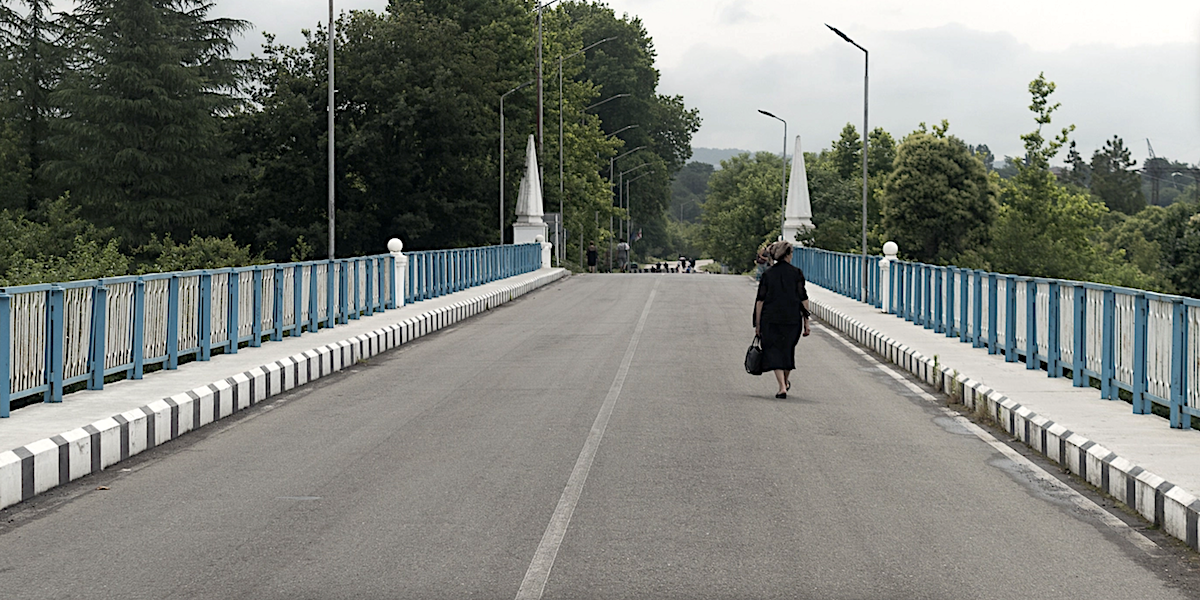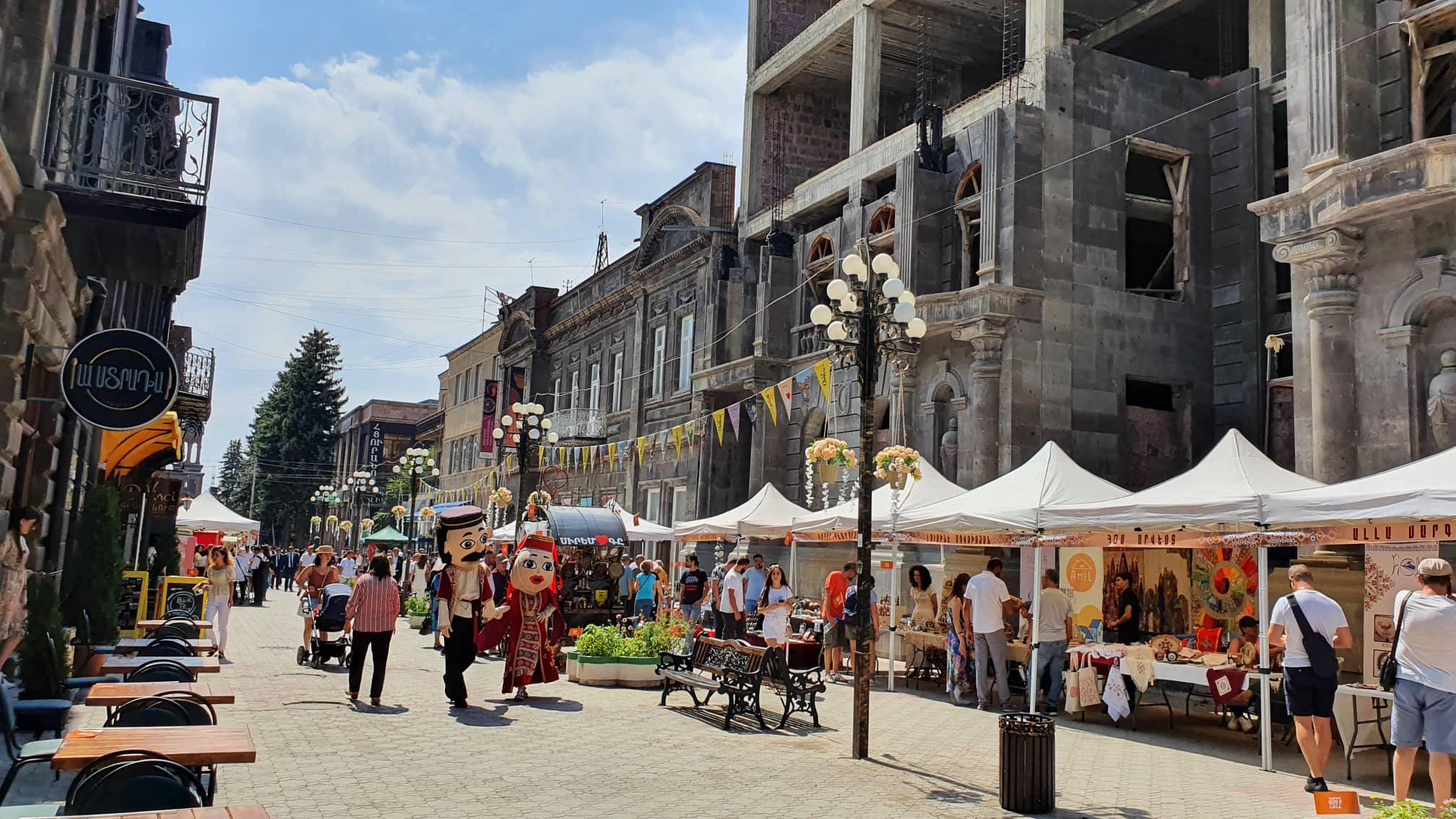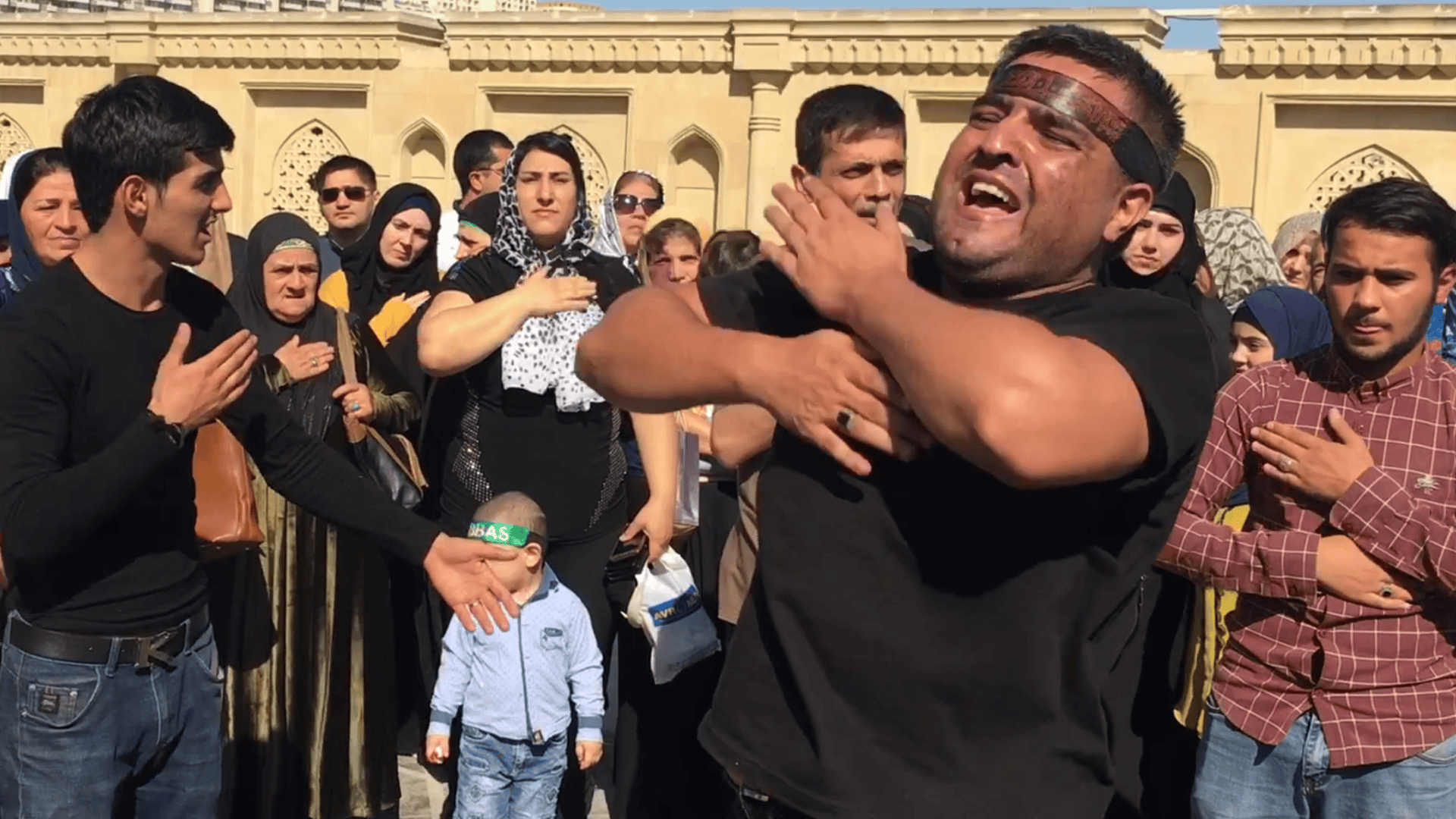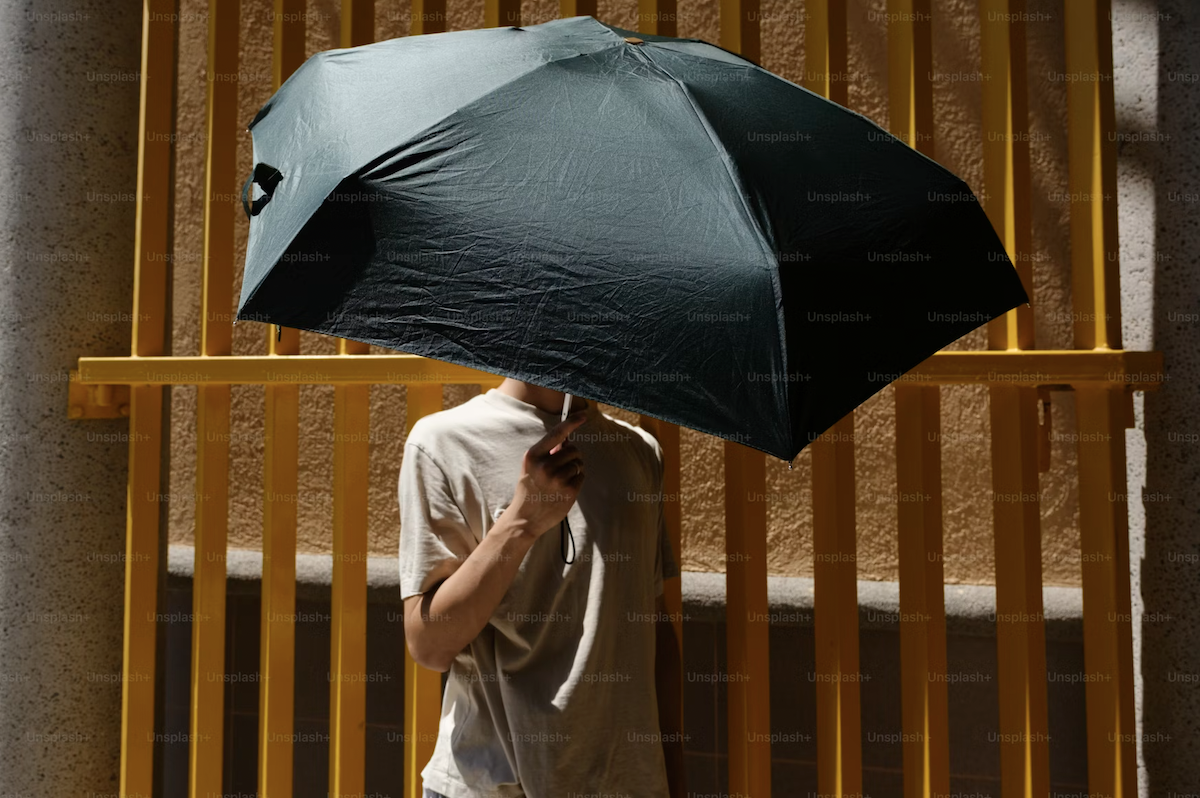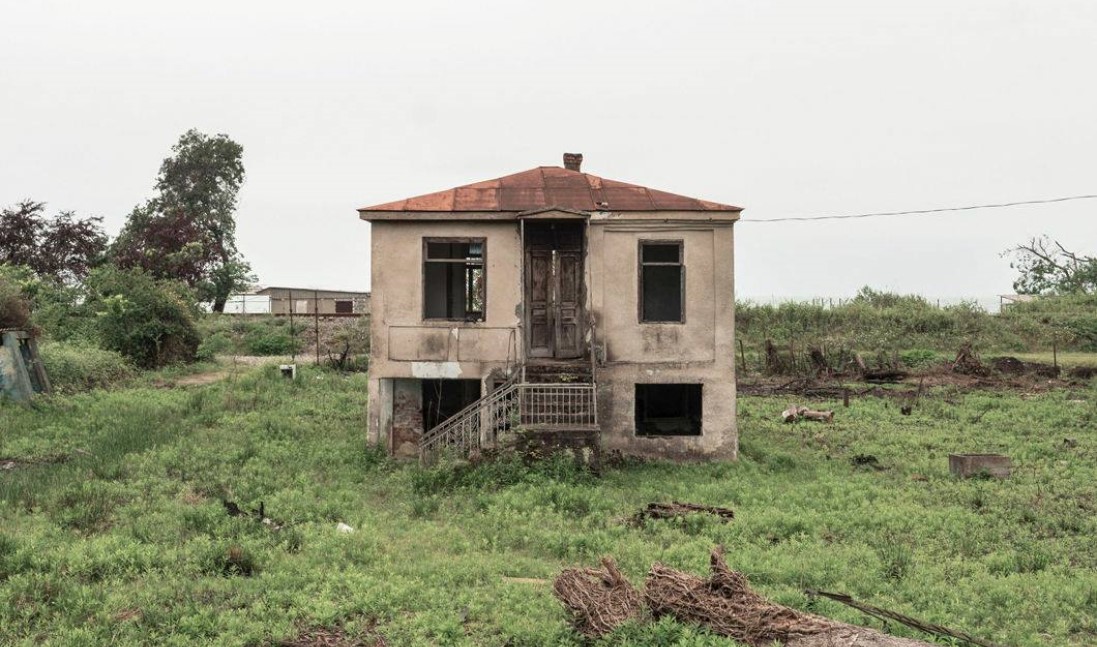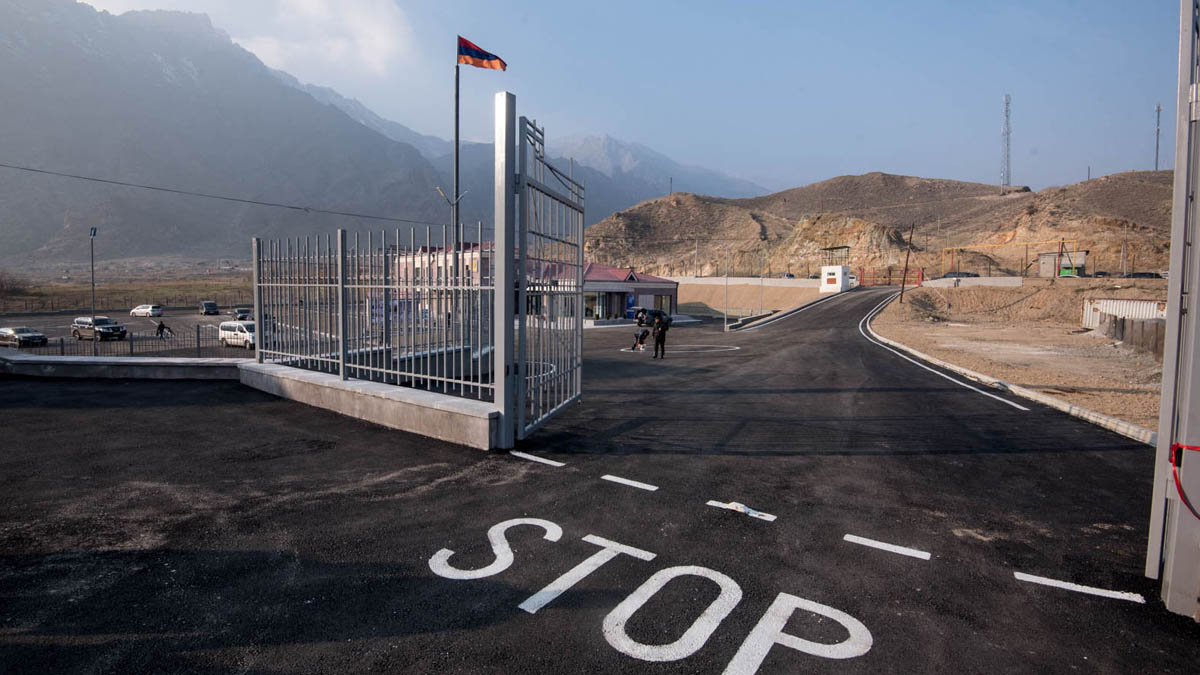Coronavirus ‘hostages’ – these Georgians left Abkhazia for a couple of days, but cannot return home
The Georgian community in Abkhazia has found itself in a difficult situation after March 12, when Abkhazia closed the only transition to the Georgian side in the zone of the Georgian-Abkhaz conflict.
The reason for the closure was named the threat of the spread of coronavirus. In Georgia, on March 13, 26 cases were recorded, more than a hundred people are in quarantine or self-isolation.
The state border in the terminology of the Abkhaz side, or the administrative border in the terminology of the Georgian side, is a bridge over the Ingur / i River. The vast majority of the population adjacent to the bridge of the Gali district are ethnic Georgians, who maintain close contacts on the Georgian side.
Many receive a Georgian pension, and in order to take money, they must regularly cross the bridge to the Georgian side.
However, those that crossed to the Georgian side and did not have time to return before March 10, are now stranded, as the Abkhaz border guards are not letting them in again. People are told that they can return home no earlier than April 7.
This is explained by the lack of rapid tests for the diagnosis of coronavirus in Abkhazia.
Movement was limited almost immediately after the first case of coronavirus was confirmed in Georgia on February 27.
But on March 13, the Abkhaz authorities completely closed the crossing point. Now only the employees of the Ingur / i-hydroelectric power station, a major energy project on which the supply of electricity to Abkhazia depends, and which is served by specialists from both sides of the Georgian-Abkhaz conflict, can cross the Inguri bridge.
Caucasian Knot journalists spoke with several of those who traveled to the territory controlled by the Georgian authorities for treatment, for a funeral, or to earn money.
• Op-ed: the Georgian – Abkhaz dead-end
• Georgians in Abkhazia changing last names – and nationality
• 90 seconds – twice over Georgians IDPs from Abkhazia
Astamur Latsuzbaia, a resident of the city of Gal/i, had to go to the city of Martvili on the Georgian side, because a relative had died there.
“On March 6, I crossed the border, knowing that the quarantine was introduced. I asked the border guards if I could go back. I was told that residents of the Gali district are being let through. But on March 10, I arrived at the border after burying my uncle – but they will not let me in.
“I gave all the money that I had, I gave it to the funeral, I left for myself only a bit for travel. My wife doesn’t have a bank card, I don’t have one either, I can’t have money sent to me”, says Latsuzbaia.
So far, a relative has sheltered him in the border village of Rukhi, where five other Georgians, also residents of Abkhazia, are currently staying as well.
“We have been taken hostage by the coronavirus. I’m afraid that nobody will change the quarantine on April 7. Due to the fact that the Abkhaz authorities are not ready for such a threat, ordinary people suffer.
“Of course, we know that the inhabitants of the Gal/i region are not well liked, but in Georgia are our relatives, only there we can get normal medical care and work,” says Astamur Latsuzbaia.
Bota Smyr, a resident of the Gali district, said that on March 10 he was discharged from the hospital after an operation in the city of Zugdidi, on the Georgian side. Only at the border did he learn that he could not return home.
“I showed them the documents, extracts from the hospital – they immediately told me that I had contacts at the hospital, I could not return home until April 7. I had to return to Zugdidi, I live here in a hotel, my relatives sent me some money,” said Smyr.
Another resident of the Gali district, Irina Labahua, said that she was trying to transfer money and groceries to her husband, who also appeared on the Georgian side. But the Abkhaz border guards did not allow this to be done.
“I cannot cross the border, because they will not let me in, and at my place the children are small. What to do?” says Labahua.
According to official data of local authorities, in Abkhazia there is not a single case of coronavirus infection. But also, as it turns out, not a single test either.
